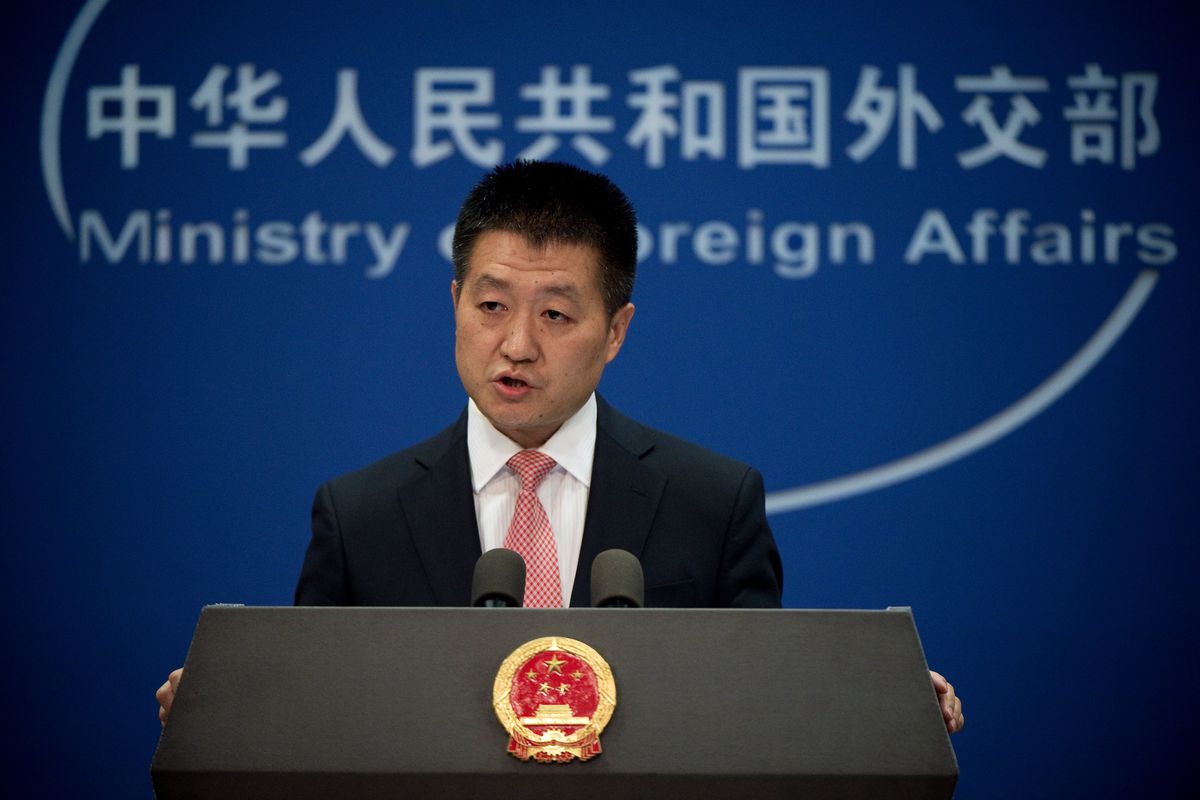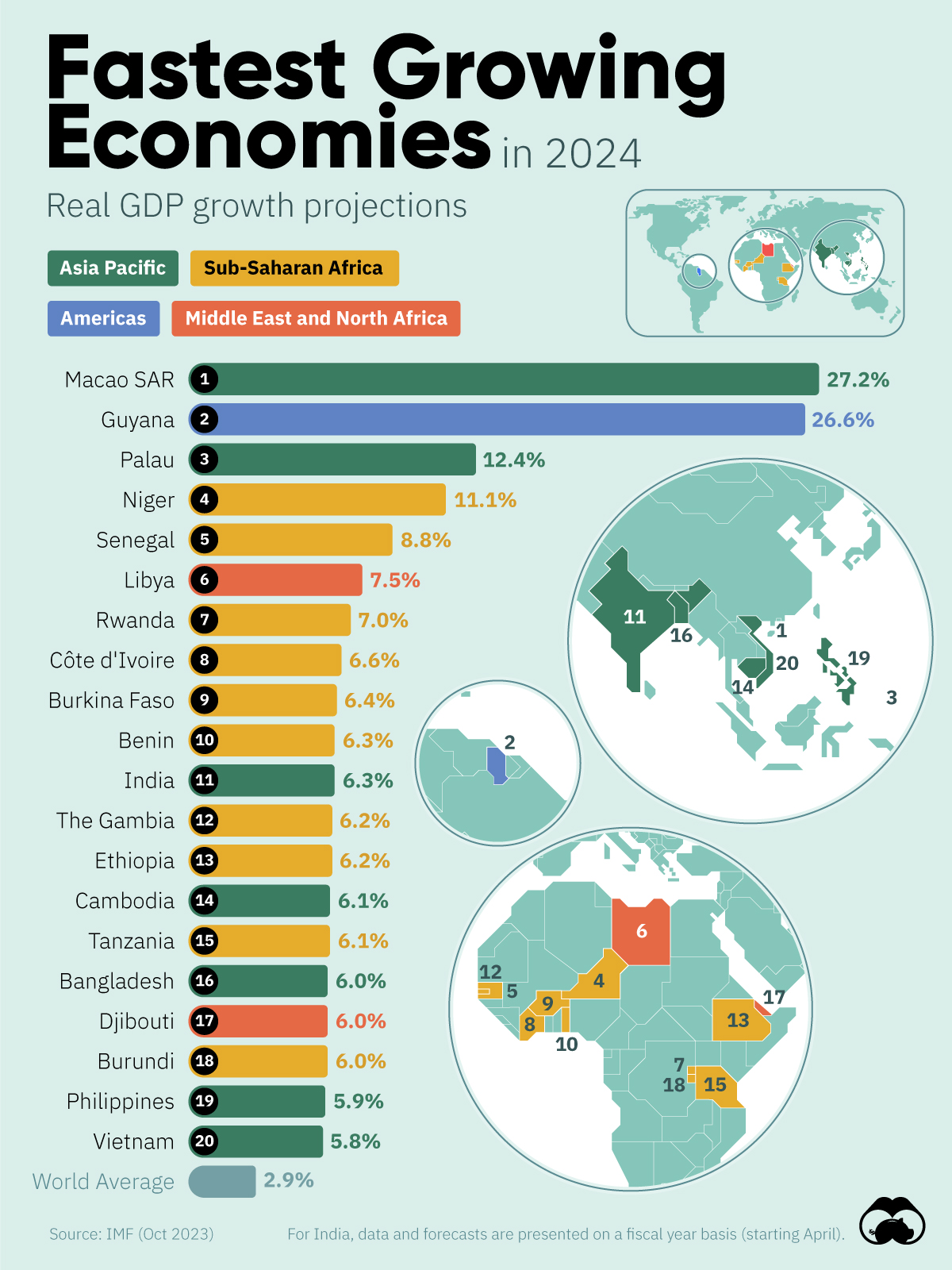Chinese Plastics Suppliers And The Iran Sanctions Dilemma

Table of Contents
The Impact of US Sanctions on Iran's Plastics Industry
US sanctions significantly restrict Iran's access to vital raw materials and technologies essential for its plastics production. These restrictions cripple the Iranian plastics industry, creating a ripple effect throughout its economy.
- Reduced access to petrochemicals: Iran's plastics industry heavily relies on domestically produced petrochemicals. Sanctions limit its ability to import specialized catalysts and additives, hindering the production of high-quality polymers. This scarcity directly impacts the output of various plastic products.
- Limitations on importing specialized machinery: Modernizing and expanding production capacity requires importing advanced machinery. Sanctions severely restrict this, forcing Iranian companies to rely on outdated equipment, impacting efficiency and quality.
- Difficulties in securing international financing: Sanctions make it extremely difficult for Iranian businesses to obtain international loans and credit lines, hindering investments and expansion plans within the plastics sector. This financial constraint further limits growth and innovation.
- Impact on Iranian export capabilities: The reduced production capacity and quality issues caused by sanctions directly affect Iran's ability to export plastic products competitively to international markets. This weakens the country's economic standing and limits its foreign exchange earnings.
The resulting scarcity and price increases of plastics within Iran have created a domestic crisis, impacting various sectors from construction to packaging.
The Role of Chinese Plastics Suppliers in Circumventing Sanctions
Despite the sanctions, Chinese companies play a significant role in supplying plastics and related materials to Iran. This involvement often involves complex strategies designed to circumvent the restrictions.
- Third-party transactions and shell companies: Chinese suppliers often use third-party companies and shell corporations in intermediary countries to obscure the origin of goods and mask the ultimate destination in Iran. This creates a complex web of transactions making it difficult to trace the flow of materials.
- Use of intermediary countries to mask the origin of goods: Goods may be shipped through several countries before reaching Iran, making it challenging to identify the initial supplier and prove sanctions violations. This sophisticated routing obfuscates the true nature of the trade.
- Potential involvement in sanctions violations: The engagement of Chinese companies in these activities carries significant risks, including potential violations of US sanctions. This exposes them to potential legal repercussions and severe financial penalties.
- The risks faced by Chinese companies engaged in such activities: The penalties for violating US sanctions are substantial, including hefty fines, asset freezes, and potential blacklisting, severely damaging their reputation and future business prospects.
The economic incentives driving this involvement include the significant demand from Iran and the potential for high profits despite the inherent risks.
Legal and Geopolitical Implications for Chinese Businesses
The legal ramifications for Chinese companies caught violating US sanctions are severe.
- Financial penalties: Companies can face substantial fines, potentially bankrupting even large corporations.
- Trade restrictions: The US government can impose restrictions on their ability to trade with US companies and access the US market.
- Reputational damage: Being implicated in sanctions violations significantly damages a company's reputation, making it harder to secure future business deals.
- Potential legal action from the US government: The US government can pursue legal action against Chinese companies and individuals involved in sanctions evasion.
The broader geopolitical implications of China's relationship with Iran are far-reaching, impacting US-China relations and creating further tensions in the region. This complex interplay highlights the challenges of balancing economic interests with geopolitical realities.
Alternative Sourcing Strategies for Iranian Businesses
Finding alternative suppliers outside of China presents significant challenges for Iranian businesses.
- Higher costs associated with sourcing from other regions: Shipping distances and transportation costs increase substantially when sourcing from regions outside China, impacting the overall cost of materials.
- Longer lead times and logistical complexities: Dealing with suppliers in geographically distant locations introduces significant delays and logistical complexities, affecting production schedules.
- Potential quality concerns: The quality of materials from alternative suppliers might not consistently match that of Chinese suppliers, potentially affecting the quality of Iranian products.
- Geopolitical considerations impacting alternative suppliers: Geopolitical stability and relations with other countries can influence the reliability and availability of alternative suppliers.
Regional cooperation and diversification of supply chains are crucial for mitigating the risks associated with relying heavily on a single supplier, particularly in a volatile geopolitical environment.
The Future of the Chinese Plastics Industry's Involvement with Iran
The future of the relationship between Chinese plastics suppliers and Iran is uncertain and will depend on several factors.
- Increased scrutiny of Chinese companies: We can expect stricter enforcement of sanctions and increased scrutiny of Chinese companies’ dealings with Iran.
- Potential for stricter enforcement of sanctions: The US administration may increase enforcement efforts, leading to harsher penalties for sanctions violations.
- The impact of future changes in US-Iran relations: Any changes in the US-Iran relationship, including potential easing or tightening of sanctions, will significantly impact the trade dynamics.
- Long-term implications for the global plastics market: This situation will likely influence the global plastics market, potentially leading to price fluctuations and supply chain disruptions.
Conclusion
The complex interplay between Chinese plastics suppliers and the Iran sanctions regime presents significant challenges and risks for all stakeholders. Navigating this intricate landscape requires meticulous compliance with international regulations, a thorough understanding of geopolitical dynamics, and a proactive approach to diversifying supply chains. Ignoring the implications of the sanctions can have severe and far-reaching consequences. Companies must prioritize due diligence and transparency to avoid penalties and maintain ethical business practices. The future of this relationship remains uncertain, highlighting the need for continued monitoring of news and industry updates concerning Chinese plastics suppliers and the Iran sanctions dilemma. Proactive adaptation and strategic planning are vital for navigating this evolving landscape successfully.

Featured Posts
-
 Warriors Triumph Kuminga Back In Action Curry And Kerr Reach Significant Milestones
May 07, 2025
Warriors Triumph Kuminga Back In Action Curry And Kerr Reach Significant Milestones
May 07, 2025 -
 100 Tariff On Foreign Films Analyzing Trumps Promise
May 07, 2025
100 Tariff On Foreign Films Analyzing Trumps Promise
May 07, 2025 -
 Bmw And Porsches China Challenges A Growing Industry Trend
May 07, 2025
Bmw And Porsches China Challenges A Growing Industry Trend
May 07, 2025 -
 The End Of An Era Reflecting On Skypes Accurate Foresight
May 07, 2025
The End Of An Era Reflecting On Skypes Accurate Foresight
May 07, 2025 -
 Lewis Capaldis Surprise Return Charity Gig Performance
May 07, 2025
Lewis Capaldis Surprise Return Charity Gig Performance
May 07, 2025
Latest Posts
-
 76
May 08, 2025
76
May 08, 2025 -
 2 0 76
May 08, 2025
2 0 76
May 08, 2025 -
 76 2 0
May 08, 2025
76 2 0
May 08, 2025 -
 The Night Inter Milan Beat Barcelona To Reach The Champions League Final
May 08, 2025
The Night Inter Milan Beat Barcelona To Reach The Champions League Final
May 08, 2025 -
 Inters All Time Victory Reaching The Champions League Final By Defeating Barcelona
May 08, 2025
Inters All Time Victory Reaching The Champions League Final By Defeating Barcelona
May 08, 2025
